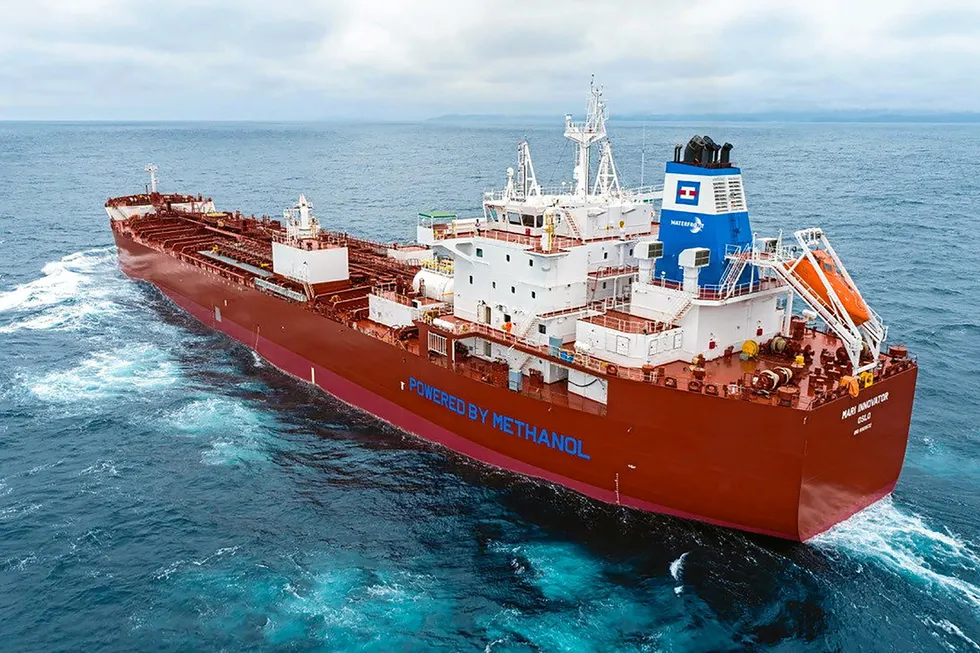Hydrogen-based shipping fuels such as ammonia and methanol will not be economically viable until 2040, analyst warns
But shipowners are going to have to start switching away from fossil fuels much sooner, says head of Maritime Strategies International
